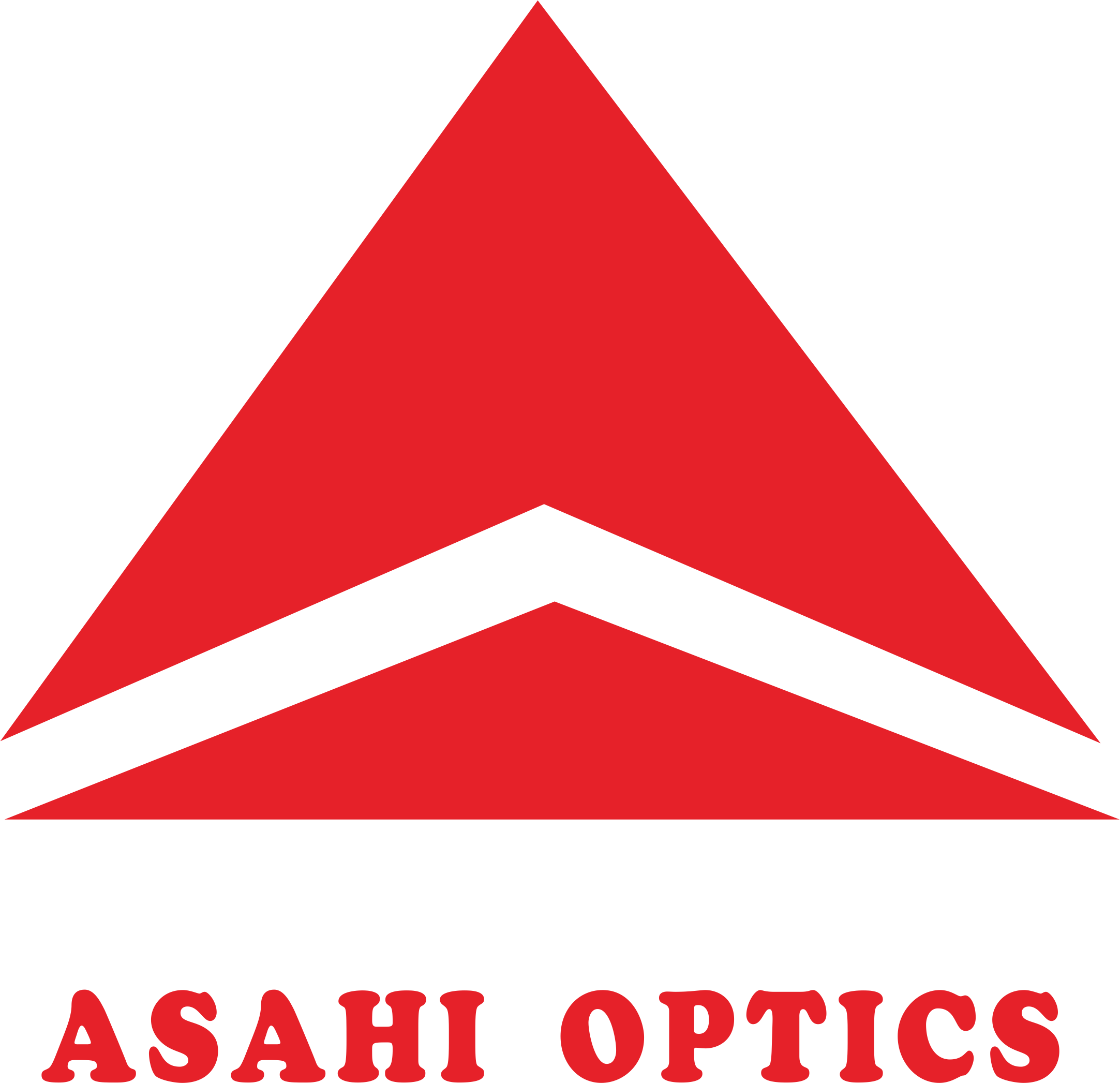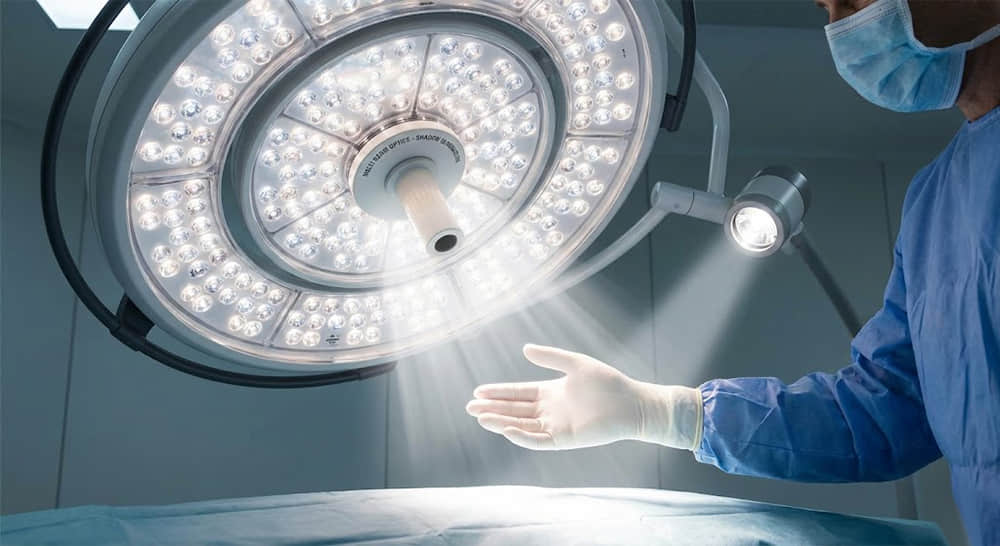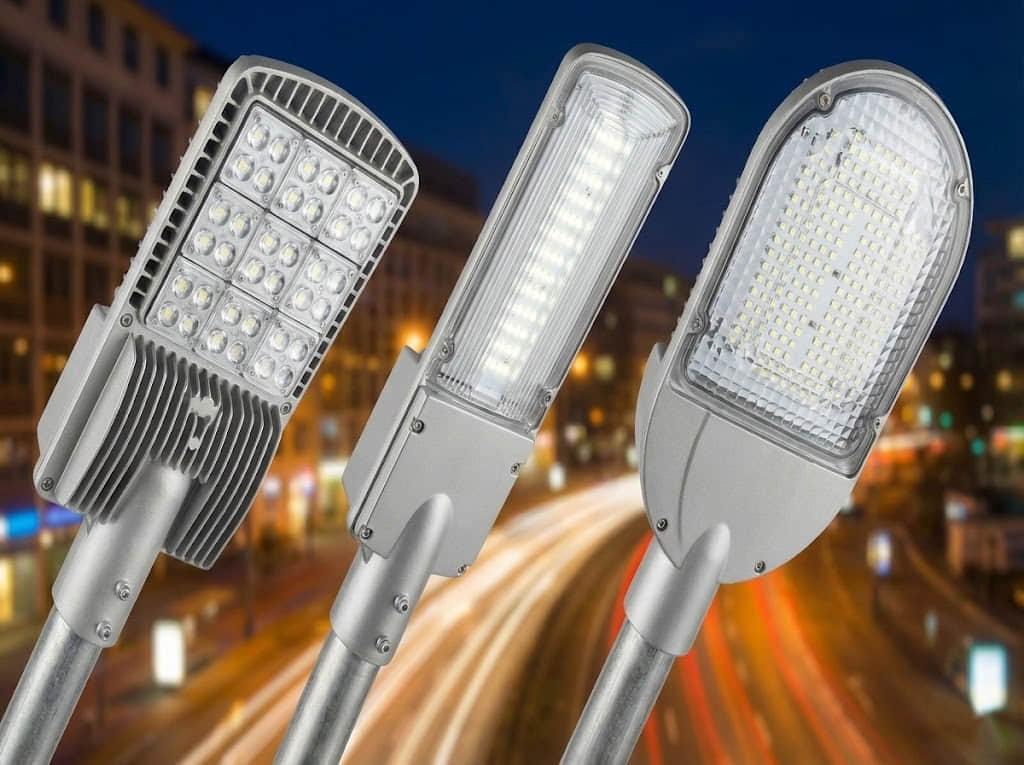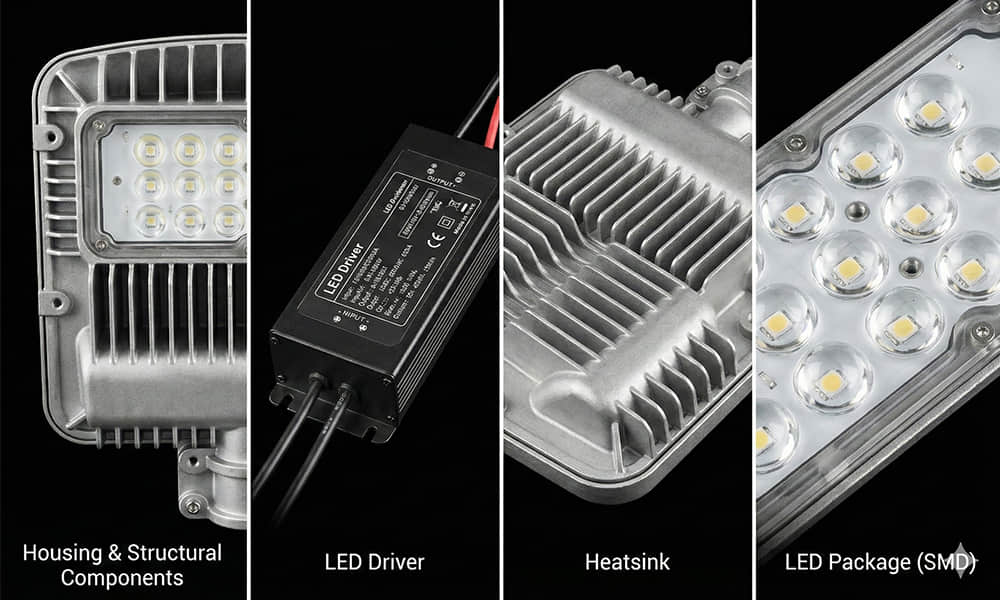Office lighting is an important part of work environment design, directly affecting employees' work efficiency, visual comfort, mental health and even the overall office atmosphere.It is particularly important to use optical design to improve office lighting and make its overall efficiency more prominent
Office Lighting Standards Guide
| Space Type | Lighting Requirements | Recommended Illuminance |
|---|---|---|
| Open Office Area | Uniform shadow-free lighting, anti-glare for screens | 300-500 lux |
| Private Office | Basic lighting + adjustable task lighting, authoritative atmosphere | 300-400 lux |
| Meeting Room | Multi-scene modes (presentation/discussion/video) | 200-300 lux |
| Break Area | Warm low-color-temperature light (2700K-3000K) | 100-200 lux |
| Corridor/Passageway | Motion-activated safety lighting | 50-100 lux |
Note: The above illuminance standards are recommended values. Actual applications should consider specific space dimensions, natural lighting conditions and user requirements.
Typical office lamps
LED PANEL LIGHTS : Offer uniform, soft light with an anti-glare design, ideal for open office spaces. They are energy-efficient and highly efficient, providing a comfortable 300-500 lux illumination.
DOWNLIGHTS : Ideal for accent lighting (such as in private offices and conference rooms), they feature precise focus, excellent color rendering, adjustable color temperature, and simple, aesthetically pleasing installation.
LINEAR LIGHTS : Offer a modular design, consistent, even light, and are ideal for modern office spaces. They are energy-efficient and support intelligent dimming for enhanced visual comfort.
MAGNETIC TRACK LIGHTS : Flexible and adjustable, they can be easily combined with a variety of lighting fixtures (spotlights, floodlights, etc.), making them ideal for creative workspaces. They are easy to install and facilitate future maintenance and upgrades.
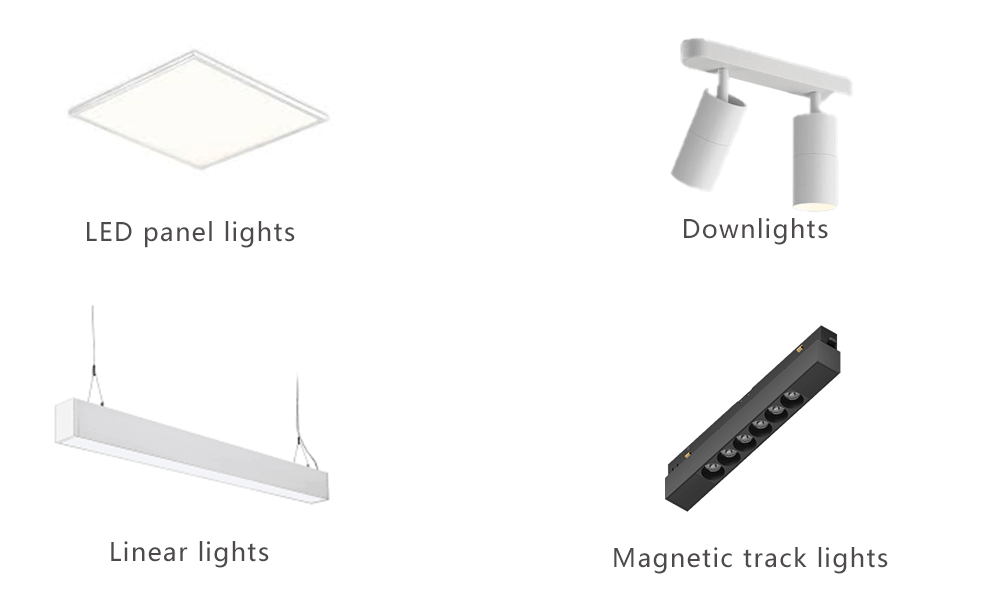
Nature of glare
Glare is a visual disturbance caused by excessively strong, concentrated, or reflected light, preventing the human eye from quickly adapting to changes in brightness. It can be categorized into two types:
- Discomfort glare: This causes eye strain and headaches (e.g., unshielded LED point light).
- Disability glare: This directly reduces visual clarity (e.g., sunlight reflected off a computer screen).
How to reduce glare
- Add a frosted acrylic cover to reduce glare by hiding the light source.
- Use diffused or soft-light materials: Use frosted glass, milky white lampshades, or diffusers to evenly distribute light and reduce brightness contrast.
- Control illumination uniformity: Through precise calculation and adjustment, ensure consistent brightness across the lighting area to avoid glare caused by large differences in brightness.
I recommend our 1x7 Linear Lens Array. The 1x7 Linear Lens Array utilizes an Optical Grill Design, significantly improving Underglare Reduction (UGR) control (UGR <19), ensuring anti-glare performance that meets high-standard office lighting requirements. It also offers a variety of light distribution angles (30°, 30x70°, 50°, and 80°) to meet the lighting requirements of various spaces.
Office lighting has become indispensable in people's lives. Should you require any technical support for office lighting projects, please don't hesitate to contact our team! We'll be delighted to collaborate with you on tailored solutions
